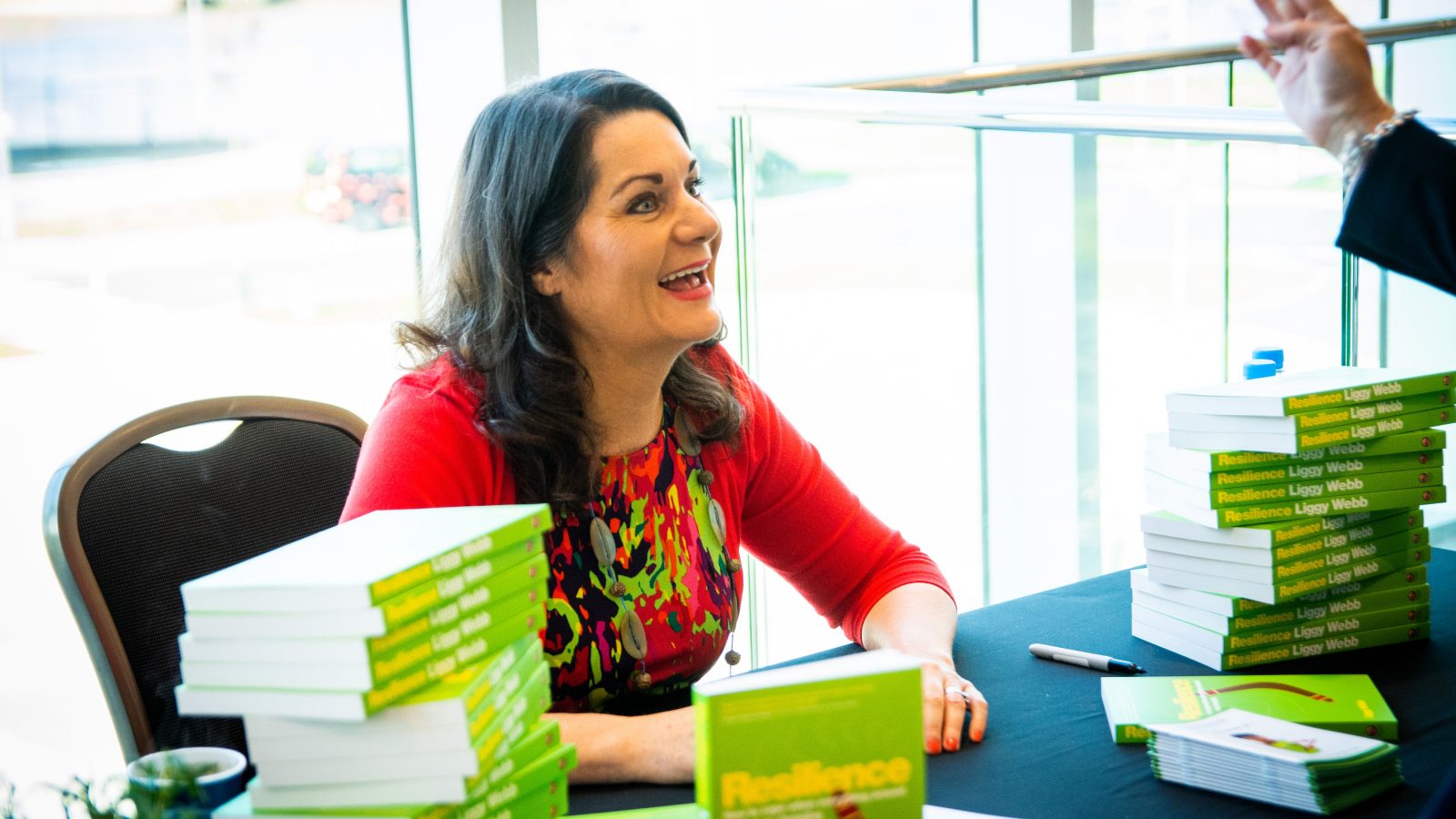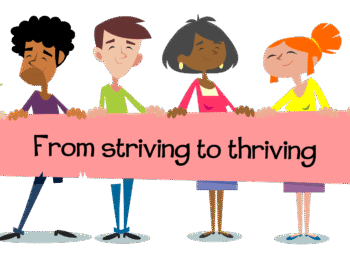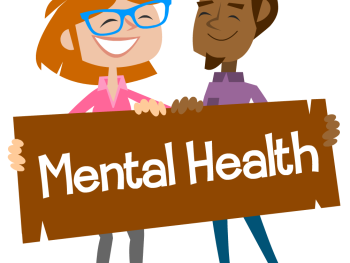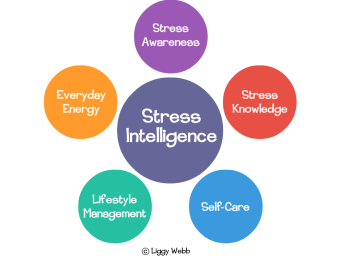We live in the era of information explosion and the terms “information overload” and “information anxiety” are both something I hear being used more and more. There is so much being thrown at us especially via various media channels and it can be totally confusing and create a great deal of unwanted anxiety and stress if we allow it to overwhelm us.
I have also noticed that there seems to be a distinct lack of good news stories to fuel us with hope and instead there are many more sensationalistic headlines screaming doom and gloom. Social media can also be a playground for gossip and fact distortion so it’s wise to adopt the mantra of “I am not going to believe everything I hear and everything I read”!
So how can you successfully deal with all this information anxiety?
Cultivate a really good set of critical-thinking skills.
This will help you to draw conclusions and decipher between what is worth taking on board and what isn’t! This, in turn, will enable you to feel calmer, more confident and ultimately become a better problem solver and decision maker.

So, what is critical thinking?
Critical thinking is the process of analysing, evaluating and rationalising information objectively. It is a way of thinking in which you don’t just accept everything you are exposed to at face value. It is about taking on board an approach that will help you to rigorously question and challenge information so that you can understand the logical connection between ideas.
The intellectual roots of critical thinking are traced to the vision of the great philosopher Socrates who discovered by a method of probing and questioning that people could not rationally justify their confident claims to knowledge.
Critical thinking is about smarter thinking and in a world where you may well feel that you are experiencing information overload, with so much exposure to fake facts and news, it is an increasingly important and key employability skill.

Here are some suggestions of how to be a critical thinker:
Be analytical
Analysing is about breaking information down into component parts and evaluating how well those parts function together and separately. Analytical thinking begins with objectivity and relies on observation, gathering and evaluating evidence so you arrive at a better-informed and more meaningful conclusion.
Observe and listen
Observation is one of the earliest critical-thinking skills you learn and it is about your ability to perceive and understand the world around you. When you carefully observe and document details you will be able to collect information and gain better insight and a deeper understanding into each situation. It is also very important to focus and listen and, instead of being a passive listener during a conversation or discussion, actively participate. Ask questions to help people distinguish facts from assumptions and probe politely and respectfully for validation.

Probe and question

In order to peel back the layers and discover more information about each situation it is important to probe and ask questions. Open questions can be very useful in helping you to delve further and here are five examples of good critical-thinking questions to ask:
- What does this mean?
- What is being explained?
- What more do I need to know?
- Where did the information come from?
- How solid is the reasoning?

Be objective
Remain as objective as possible when looking at information and focus on facts and evaluation of the information at hand. Being objective can be challenging, however making a conscious decision to step back from a situation will help you to see the bigger picture and see things from every angle.
Understand your default bias
Whilst you are capable of behaving in a rational way, a great deal of the time you will be driven by emotional, spontaneous, and unconscious behaviour. This is because a greater percentage of what you do, you do habitually and on autopilot. Once you get to the bottom of your irrationalities and you are able to explain why you behave the way you do, you become more predictable and consistent. This, in turn, can make you more rational. Being aware of your inner biases is the key prerequisite for overcoming them.
Check your emotions
Being an effective critical thinker means keeping your emotions in check and approaching things in a calm and dispassionate way. If you are overtired, highly stressed or upset it will be very difficult to apply cool logic. If you feel emotional take time to step back from the situation and regain your composure before you continue to apply critical thinking.
Summary
One really important factor in gaining a better perspective of a situation is to take some time to consider what is really going on. Very often you may feel that you are being pushed into making a decision or coming up with a conclusion without having had sufficient time to apply critical thinking. Sometimes you may need to push back and create the time and space to think!

For updates for future blogs, free webinars and various other useful resources please do join my newsletter.













 The power of positivity
The power of positivity


